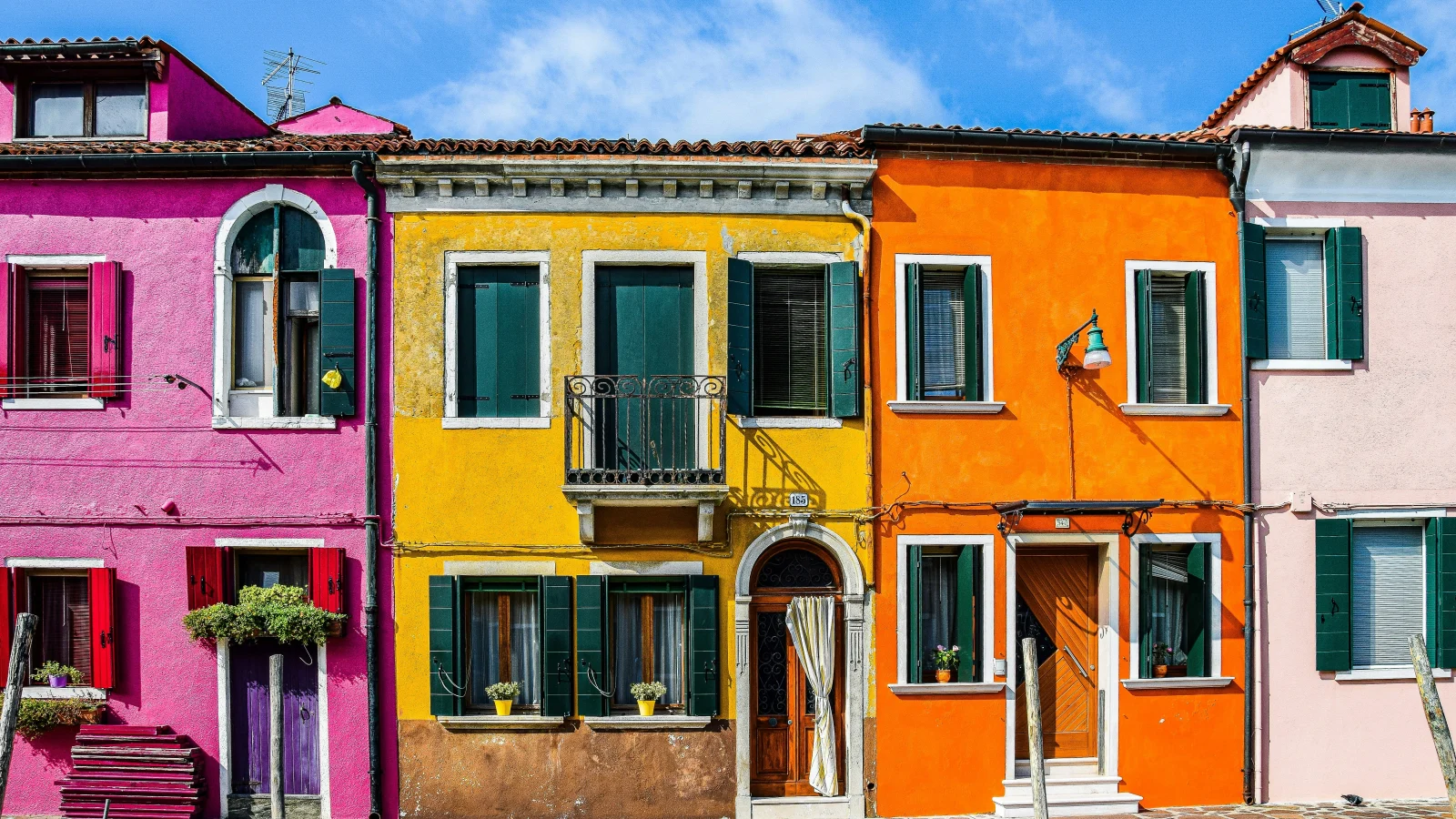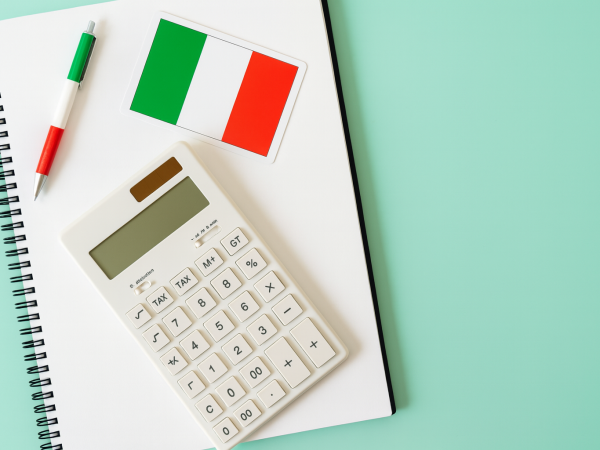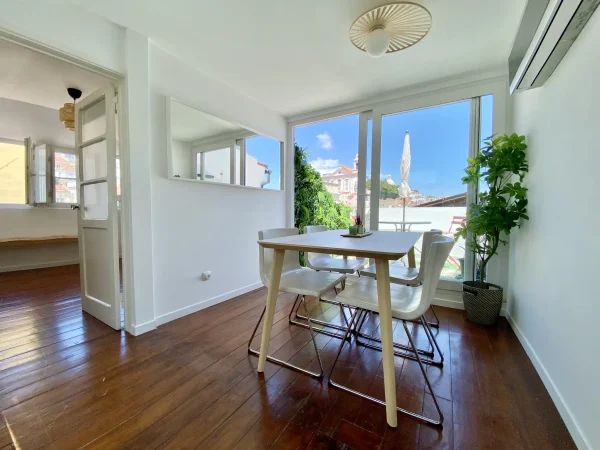Buying a property in Italy remains a popular choice in 2025 among expats, retirees, and international investors. With its rich cultural heritage, regional diversity, and relatively affordable prices, the Italian housing market offers both lifestyle benefits and long-term financial opportunities. But the real cost of buying a property in Italy depends on several factors — from location and taxes to legal steps and common traps.
This article gives you a complete and up-to-date overview of the Italian real estate landscape, so you can make smart, informed decisions.
1. Why Consider Buying a Property in Italy?
Italy combines political stability with eurozone membership and continues to attract millions of visitors each year. This enduring appeal boosts the real estate market, attracting a wide range of buyers — from retirees and digital nomads to foreign investors looking for rental income or vacation homes.
Prices remain lower than in France or Spain. You’ll find a wide choice of properties: countryside villas, historic apartments, seaside homes, or city flats. In some regions, tax incentives are available for newcomers or non-residents, including flat-rate tax regimes and reduced VAT on primary homes.
Italy is also seen as a safe haven for investment. The market has proven resilient during past crises, with consistent demand in major cities and tourist areas.
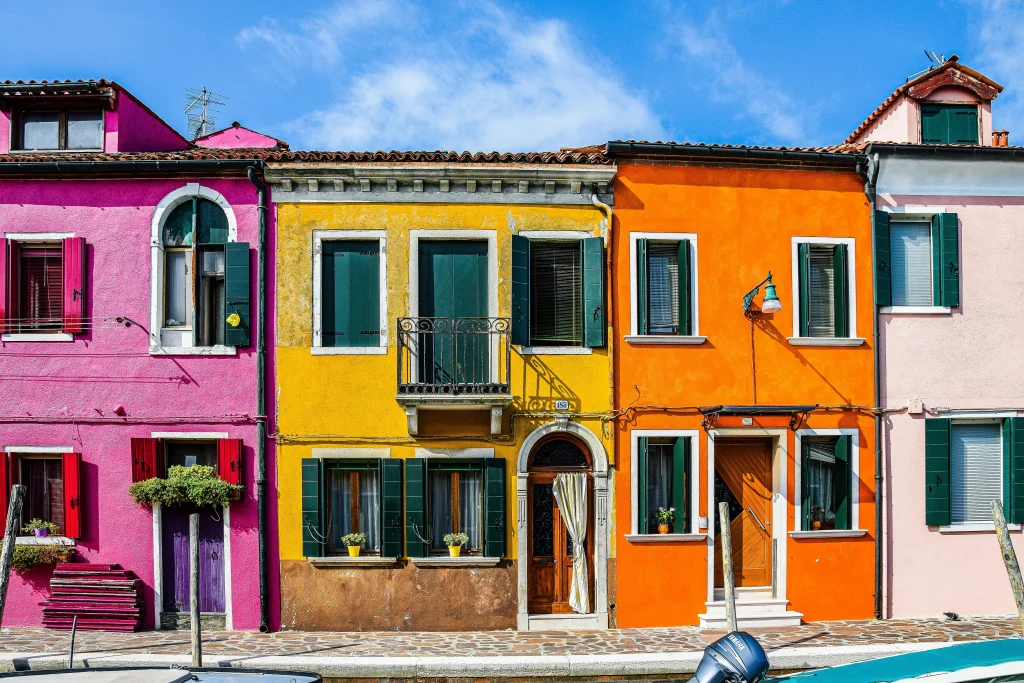
2. 2025 Market Trends and Real Estate Prices
In early 2025, the real estate market in Italy continues its slow but steady growth. Annual increases average 3%, helping prevent speculation while maintaining solid value.
Here are average property prices in top cities:
- Rome: around $4,720/m²
- Milan: over $5,900/m²
Areas with the most investor interest include Rome, Milan, Florence, and the Amalfi Coast — all with strong short-term rental potential.
Short-term rentals remain popular and generate strong returns year-round. Platforms like Airbnb and Expedia are widely used, although some cities apply local restrictions.
Expedia is especially valued for its international exposure, professional support, and easy-to-use interface for both travelers and property owners.
3. Five Pitfalls to Avoid When Buying a Property in Italy
Even if the market looks attractive, there are several risks to watch out for:
1. Unclear ownership titles
Older properties or inherited homes can have registration issues. Always verify ownership through a local notary before signing.
2. Underestimated costs
In addition to notary fees (2–4%), you’ll pay real estate agency commissions (3–6%), local taxes, and possibly renovation or compliance costs.
3. Ambiguous contracts
Some contracts have vague clauses regarding termination, repairs, or usage. Always have a real estate lawyer review documents.
4. Urban planning restrictions
Properties in historical zones (like Tuscany, Cinque Terre, or the Apulia region) may be subject to strict rules regarding restoration or alteration.
5. Seized or auctioned homes
These may seem like bargains but often involve unresolved debts, delays, or hidden structural issues.
4. Where to Buy Property in Italy?
Each region in Italy offers a different balance of cost, lifestyle, and investment potential. Depending on your goals, here are some options:
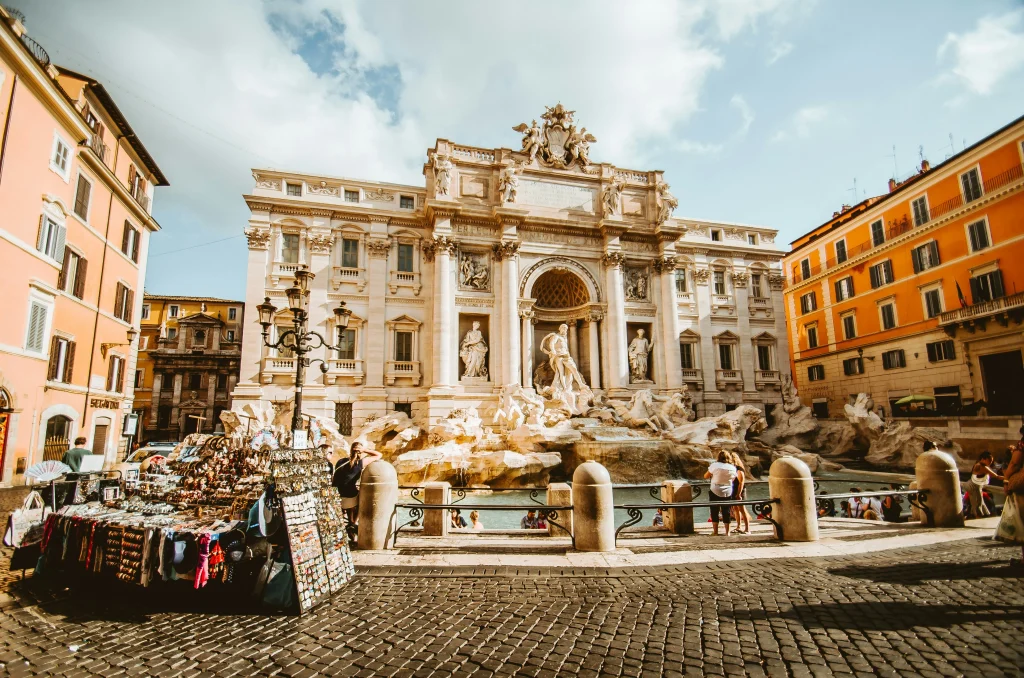
Rome: The capital is always in demand for long-term rentals, thanks to its global appeal and large local population.
Milan: As Italy’s economic hub, Milan offers high-end properties and steady demand, particularly for commercial and luxury apartments.
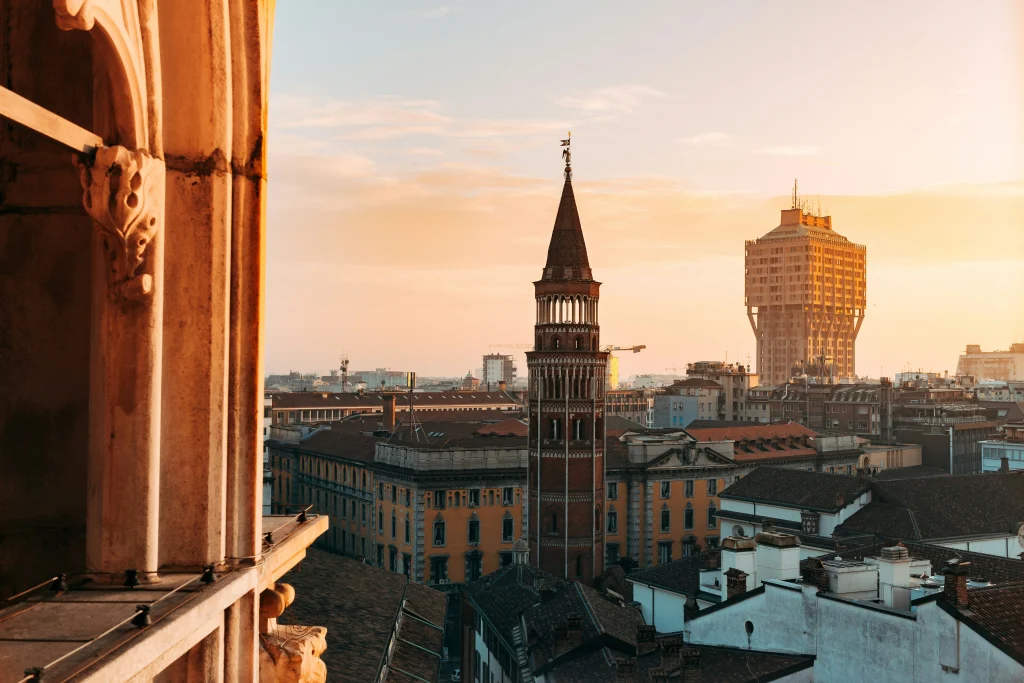

Florence: Tourist-heavy and rich in culture, it’s ideal for short-term holiday rentals in the historic center.
Amalfi Coast: Known for breathtaking views and premium vacation homes, this region attracts international buyers seeking rental income or second homes.
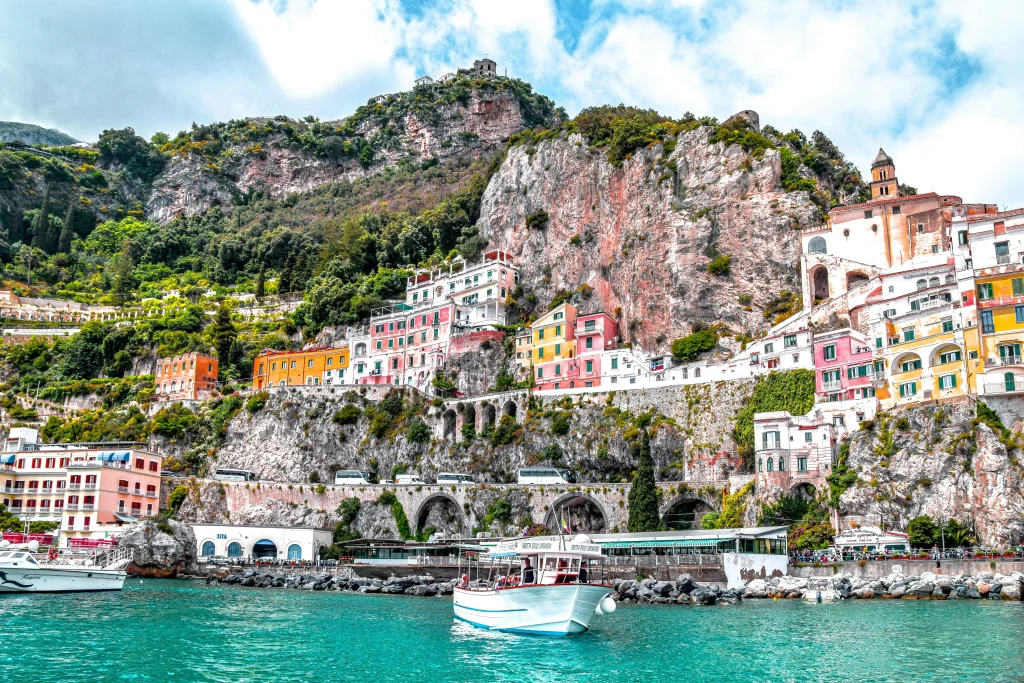
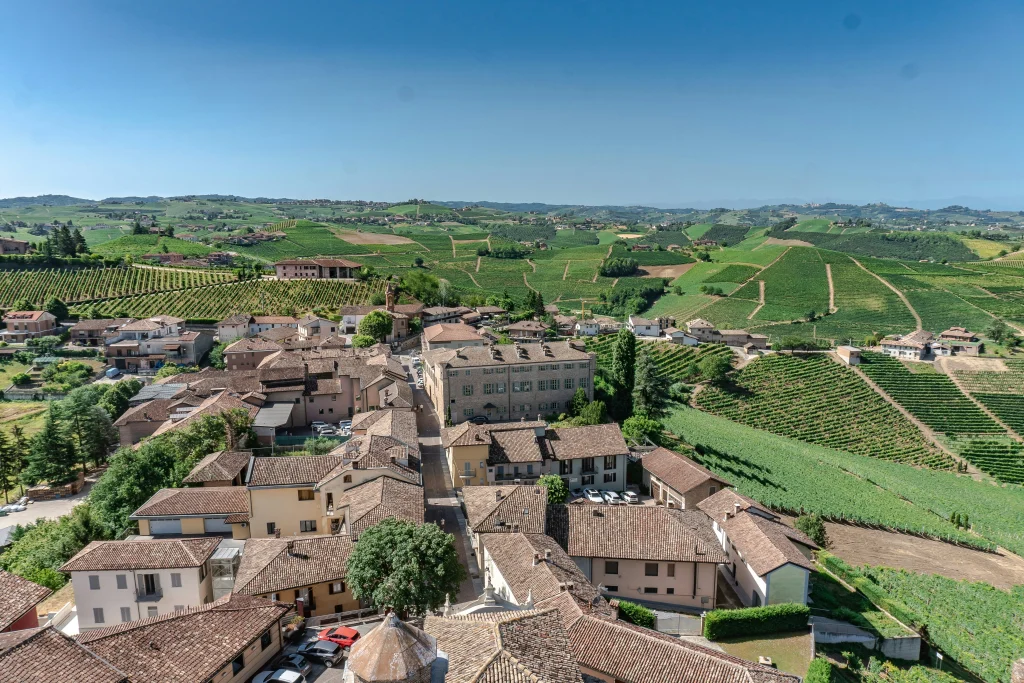
Rural regions: Places like Abruzzo, Le Marche, or Piedmont offer lower prices and excellent potential for renovation or eco-living projects.
5. Investment Property Types in Italy
The Italian real estate market offers something for every investor:
- Urban apartments & vacation homes: Best for expats, retirees, or seasonal tourists.
- Rural properties: Ideal for long-term projects or buyers looking for nature and tranquility. Many come with renovation needs but offer solid value.
- Commercial properties: Offices and storefronts in major cities (especially Milan or Turin) offer consistent returns.
- Tourism-related properties: Small hotels, guesthouses, or lake/coastal villas provide high potential returns in busy seasons.
6. Legal Steps to Buying a Property in Italy
Foreigners — even non-residents — are allowed to buy property in Italy. But the legal process includes some key steps:
You’ll start by signing a preliminary contract (called “compromesso“) that defines the sale conditions. A deposit (usually 10–20%) is paid at this stage, often in the presence of a notary or lawyer.
Before proceeding, your notary must check the legal status of the property — ensuring no outstanding taxes, debts, or zoning issues.
The final step is the signature of the “rogito“, the official deed of sale, in front of a notary. This document confirms and registers the transaction legally.
All buyers must have a codice fiscale, Italy’s fiscal code — mandatory to register the sale and pay taxes. A local notary or lawyer can help with this.
Tip: Work with an independent notary and a lawyer specialized in Italian property law to protect your interests.

7. Costs and Property Taxes in Italy
Here’s a summary of common costs when buying a property in Italy:
| Cost Type | Amount (in % or USD) |
|---|---|
| Notary Fees | 2–4% of property price |
| Real Estate Agent | 3–6%, shared between buyer and seller |
| VAT on New Property | 12% standard; 5% for main residence (under conditions) |
| Property Tax (IMU) | Applies mostly to second homes |
| Other Costs | Bank transfer fees, registration, appraisals |
Overall, expect 7–10% of the property’s value in transaction-related fees.
If you plan to rent out your property, income is subject to tax, but simplified regimes exist for non-residents. In some cases, flat-tax incentives apply, especially in underpopulated areas.
8. Tips for Buying a Property in Italy Successfully
- Do local research: Prices, rules, and tax benefits vary between regions.
- Hire the right professionals: A trusted real estate agent and qualified notary can make the process smoother and safer.
- Plan your budget wisely: Include extra room for renovations, taxes, or delays.
- Clarify your usage goal: Vacation home, full-time residence, or rental investment? Your choice affects legal and tax obligations.
- Check rental returns: Tourist areas offer more potential, but often with more regulations.
Buying a property in Italy is a long-term commitment. The more informed and prepared you are, the better your outcome will be.
Conclusion: A Safe and Inspiring Investment
In 2025, buying a property in Italy remains a rewarding opportunity — both financially and personally. With a stable market, transparent legal system, and beautiful locations to choose from, it’s possible to turn your dream into a smart investment.
From scenic towns to bustling cities, the country offers space to grow, live, and invest — if you avoid common traps and surround yourself with the right experts.
Italy isn’t just a postcard. It’s a place where your real estate project can genuinely come to life.
FAQs
Can non-residents buy property in Italy?
Yes, non-residents can purchase real estate in Italy without any particular restrictions.
Which regions in Italy are most attractive for investment?
The most popular regions are Rome, Milan, Florence, and the Amalfi Coast due to their tourist appeal and investment potential.
What are the tax advantages for foreign investors in Italy?
Italy offers tax incentives such as reduced VAT rates and tax exemptions in certain rural areas to encourage foreign investment.


